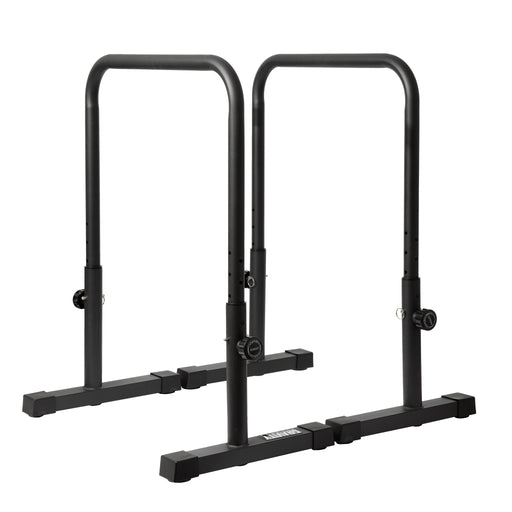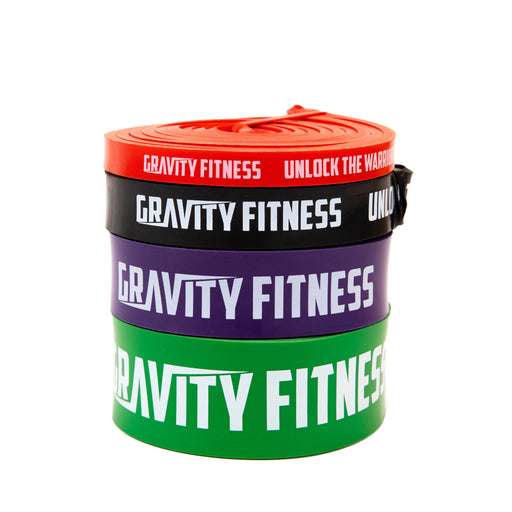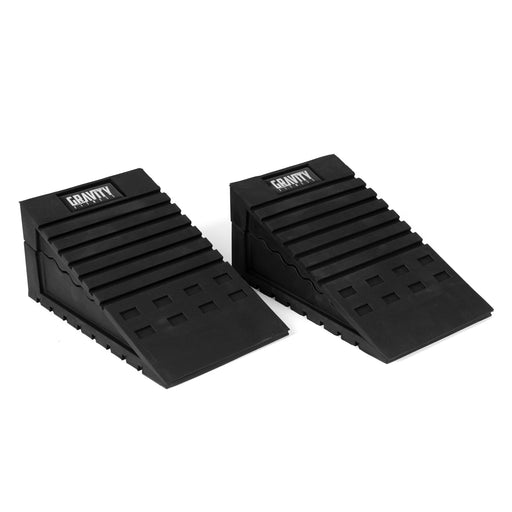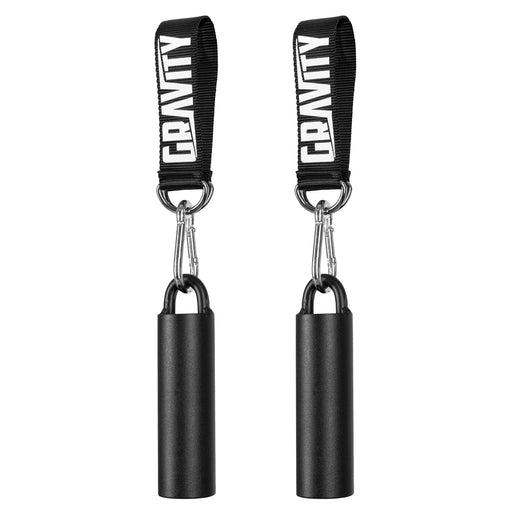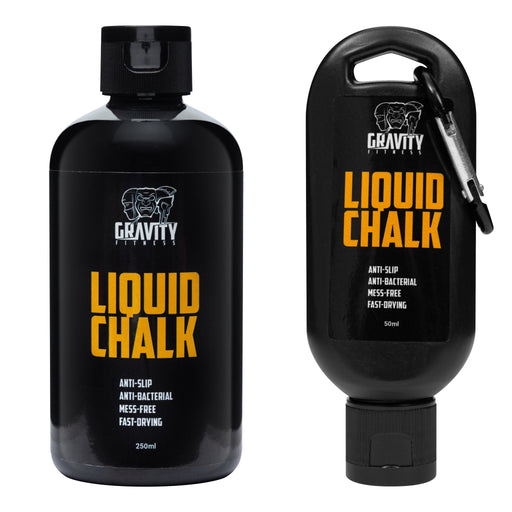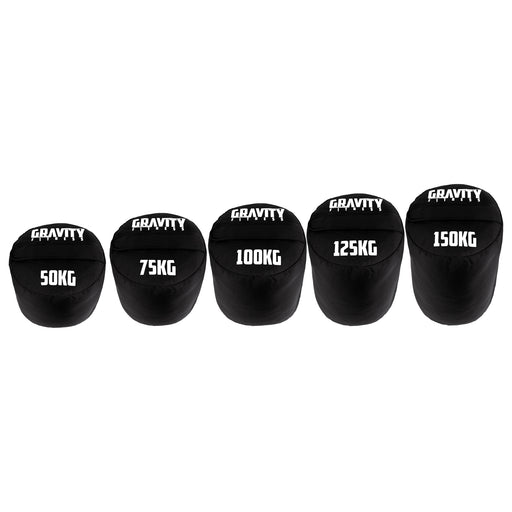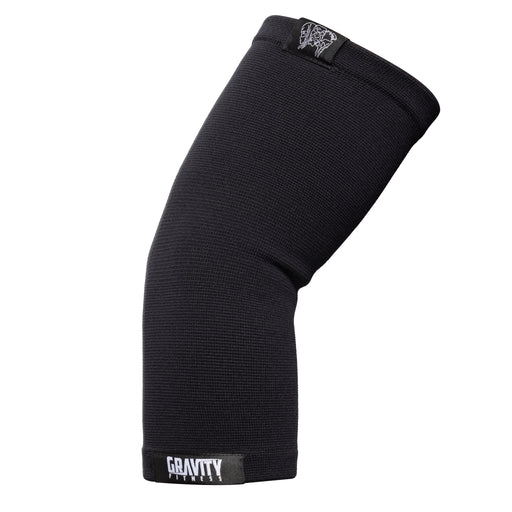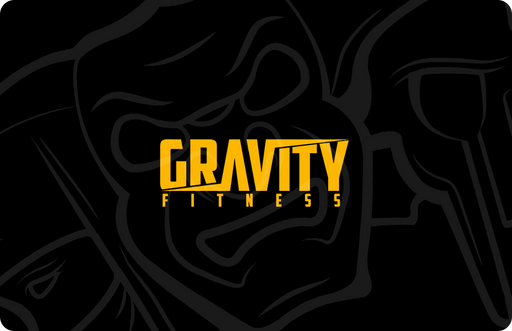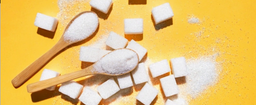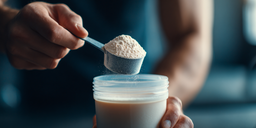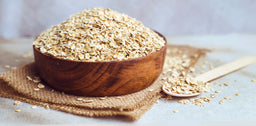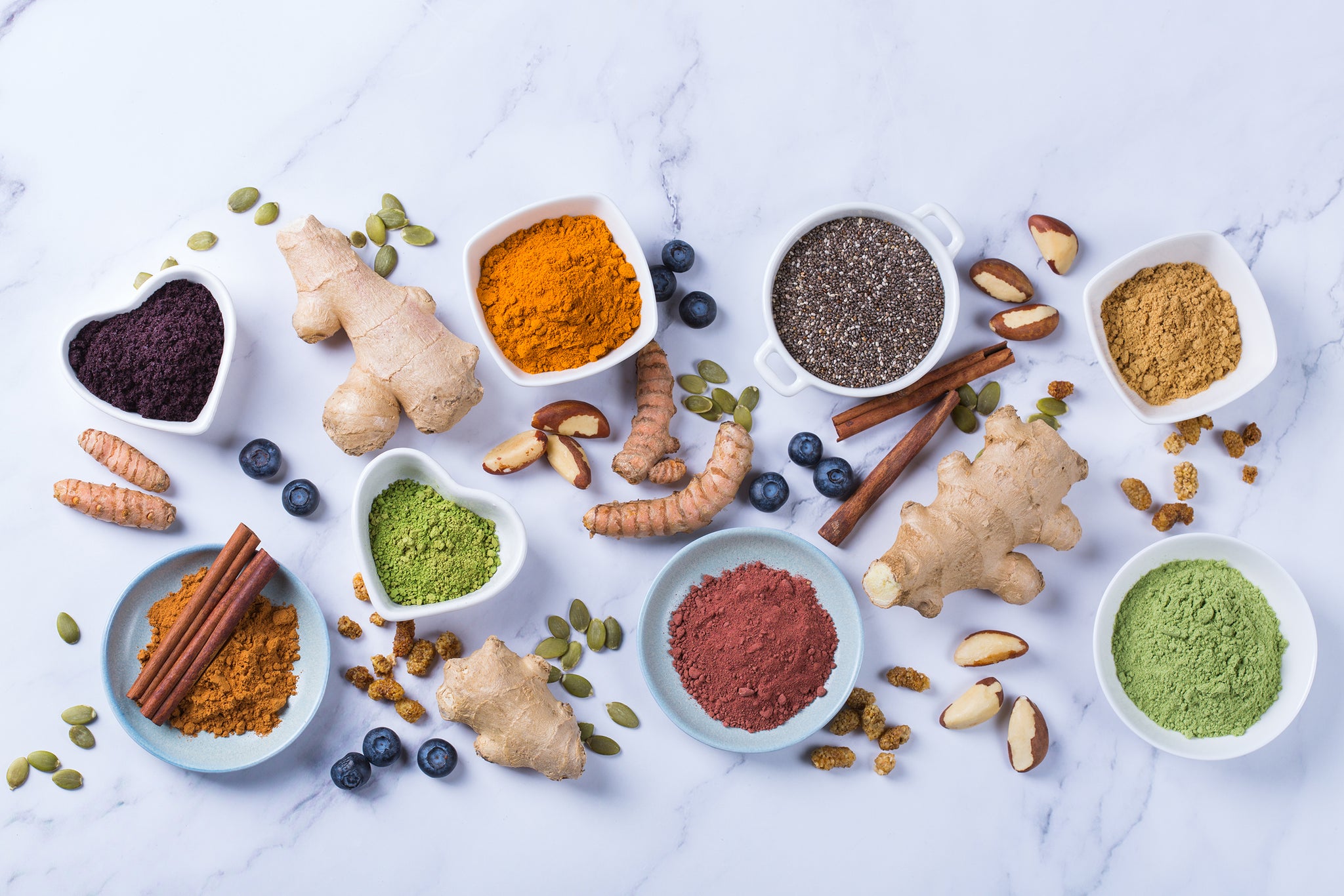
6 natural ingredients to boost energy levels (that aren't caffeine)
6 natural ingredients to boost energy levels (that aren't caffeine)
Before you pop another coffee pod in the machine, check out this list of all-natural foods that can give you an energy bump.
All foods give you energy of course (that’s what calories are for). But some natural ingredients are better than others for a source of sustained energy without a buzz or crash. Here are some you may not have considered.
Maca powder
This health ingredient is the powder of a root which originates from Peru. You can get maca powder online, from health food shops and even from the baking section of some supermarkets. It tastes malty and slightly caramel, so it’s good for adding to baking recipes, stirring into yoghurt or smoothies, or adding to hot chocolate.
Maca is a complete protein (although you won’t get much of the macro from the amounts you’ll use). Perhaps more useful are its levels of vitamins and minerals, including calcium, magnesium, potassium and Vitamin C. It’s considered an adaptogen, but research in this area is pretty light (1).
Cacao
That’s cacao, not cocoa (there’s a difference). Cacao is the raw ingredient in chocolate products that gives the distinctive chocolatey taste once it’s combined with sugars and fats. As a standalone ingredient, cacao is dark and bitter – and packed with nutrients.
You can buy cacao as powder, pieces, or nibs (tiny pieces of dried cacao beans). How you use it depends on your taste buds. If you enjoy really dark chocolate and bitter flavours, you could top your morning oats with pure cacao. If you’ve got more of a sweet tooth, you could add cacao powder to smoothies.
Pure cacao is a good source of micronutrients (especially minerals), antioxidants and fibre. Research suggests it has neuroprotective properties (2) and stimulates the nervous system in a gentler way than caffeine. (3) Try it in place of your morning coffee.
Chia seeds
Chia seeds have become popular as a plant source of complete protein (with all 9 of the essential amino acids). But they’re also a great source of vitamins, minerals, antioxidants and fibre. Some studies suggest they could be useful for supporting blood sugar balance, helping you maintain steady mood throughout the day.
Try adding chia seeds to your morning oats, cereal, or smoothies, or adding them to healthy baking recipes.
Hemp seeds
Hemp seeds and other hemp products (hemp hearts and hemp milk) are good sources of iron, calcium, zinc, magnesium, ad Vitamin E. Hemp is also a great source of omega 3 and omega 6 fatty acids which support brain health and energy production.
The seeds and hearts are great for adding to oats, cereal, smoothies or granola, or mixing in to baking recipes. Hemp milk is a high-protein plant alternative to dairy milk for hot drinks.
Spirulina
Spirulina is actually bacteria that grows in saltwater lakes (probably why it’s more commonly marketed as a blue-green algae – sounds more attractive!) The harvested and freeze-dried powder is sold in health shops and online.
Often touted as a superfood, spirulina is definitely rich in micronutrients including the B vitamins, iron, and fatty acids. This nutrient profile means it’s particularly useful for vegans and vegetarians (these diets can be deficient in B12). Spirulina is also a source of antioxidants (c-phycocyanin gives it its colour) which some endurance athletes swear by for energy.
Peppermint
This one might not be an ingredient exactly, but it’s an energising natural food that’s often overlooked. Add fresh peppermint leaves or peppermint oil to hot water for a caffeine-free energy boost that’s also great for digestion.
Peppermint contains serotonergic herbal element that act on brain receptors to enhance mood and cognitive performance (4). Definitely a good one to try for a daytime energy boost at work.
1 https://www.ncbi.nlm.nih.gov/pmc/articles/PMC3614644/
2 https://www.ncbi.nlm.nih.gov/pmc/articles/PMC3575938/
3 https://www.ncbi.nlm.nih.gov/pmc/articles/PMC4335269/
4 https://pubmed.ncbi.nlm.nih.gov/18041606















